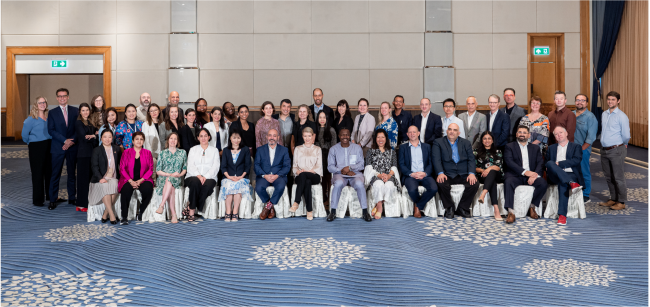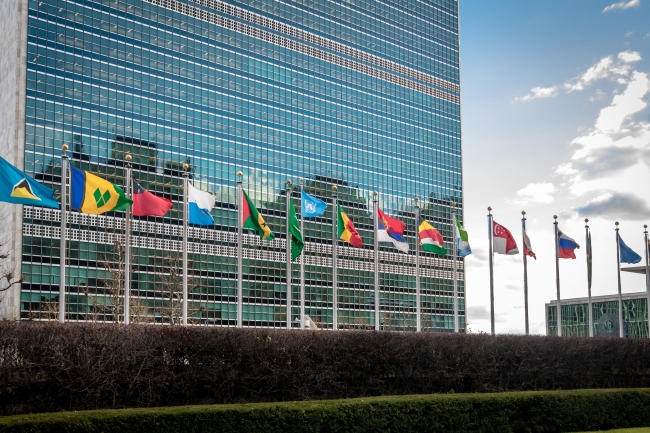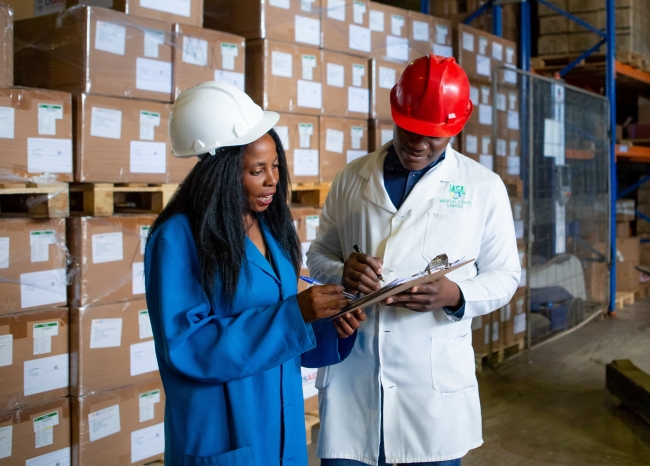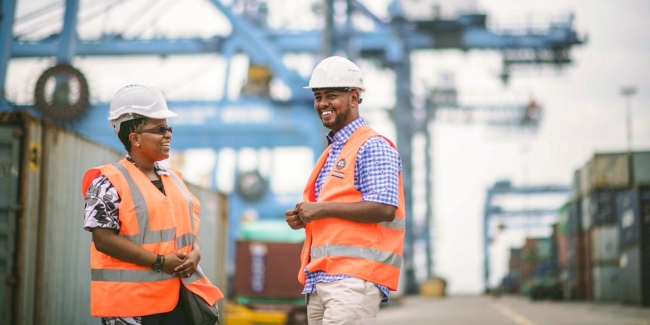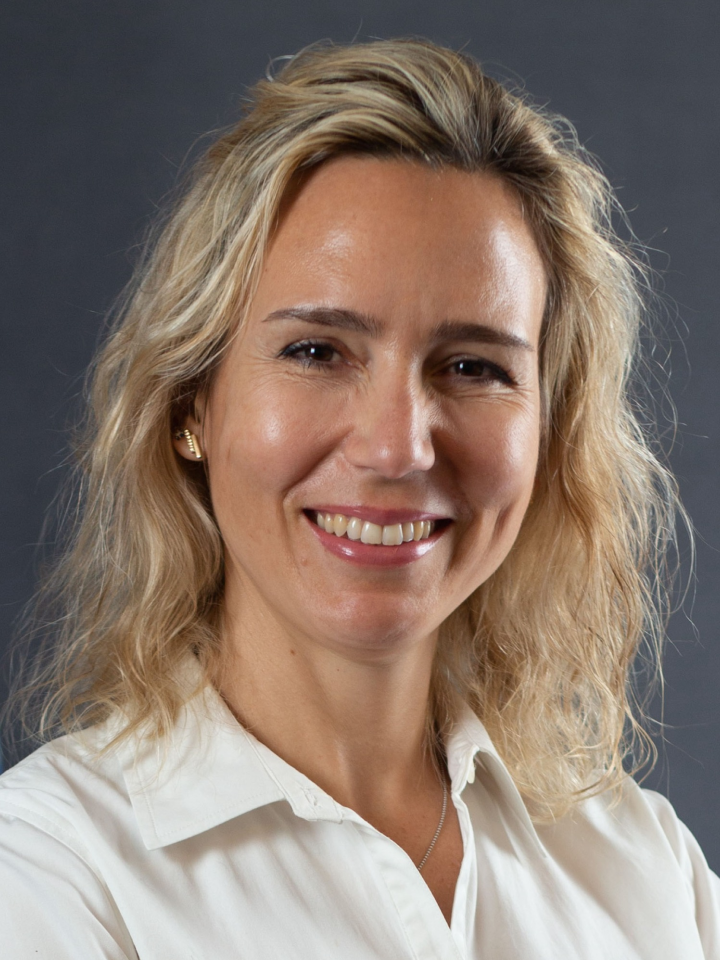Finance That Works for People and Planet
26 JUNE, 2025

Momentum for change is building across developing economies. Many governments are no longer waiting for global systems to adapt. They are strengthening the frameworks needed to crowd in private capital, develop policies that increase resilience of their countries against shocks and align investment with their vision of impact economies. These are not isolated efforts. Together, they signal a deeper shift toward economies that prioritize impact alongside growth.
But the global financial system has not yet caught up. Capital still struggles to reach the countries that are actively shaping the conditions for investment. Regulatory bottlenecks, outdated risk perceptions and mismatched incentives continue to hold back progress. The issue is not one of intent. It is that financial systems remain structured for a different era, one that does not reflect the complexity and, more importantly, the urgency of today’s challenges that will leave us no future if not addressed.
At the same time, private actors are developing innovative products, forging new partnerships and collaborating more deeply to solve shared challenges. This is the essence of a dynamic private sector: finding solutions where others see obstacles. What sets this moment apart is that concepts like transparency, resilience, adaptation and sustainability are no longer peripheral—they are central to how innovation is defined and how value is created. These are not just ideals, but rather they are the problems to be solved and solving them is where the profit lies. Yet despite this momentum, the systems needed to scale impact remain too fragmented, limiting progress.
This growing awareness is not driven by ethics alone, but by business continuity and the pursuit of long-term profit. In the seafood industry, for example, a company that profits from overfishing may see short-term gains, but risks collapse if fish stocks are depleted. In the insurance sector, rising climate risks have already rendered some properties in vulnerable areas uninsurable. These developments are reshaping financial decisions and reinforcing the need for a more sustainable approach to growth.
Private finance has a vital role to play in shaping a different path. Across developing countries, adaptation efforts are already underway—from sea walls in Fiji and cyclone shelters in Bangladesh to drought-resilient farming in the Sahel. These are necessary responses to immediate threats. But they are not sufficient. As climate impacts intensify, these protective measures risk becoming temporary defenses in an increasingly unstable world.
Without deeper shifts in how we build, insure, grow and invest, we risk becoming prisoners of systems designed only to withstand, not to transform. That is why, alongside adaptation, we must embrace models that build shared value over time. When capital is deployed in ways that strengthen communities, protect ecosystems and support inclusive growth, the benefits are real, measurable and lasting.
At UNDP, we are working to help accelerate this. Our private finance initiatives focus on building bridges between investors and public institutions, improving data and transparency, and aligning financial instruments with national priorities. We support governments in creating investment-friendly environments, while also working with businesses to embed sustainability into their operations in ways that strengthen both purpose and performance.
One example is our collaboration with the International Organization for Standardization (ISO) to develop ISO 53001, an upcoming global standard that will help companies embed sustainable development goals into core management systems. The standard is not about reporting. It is about integrating sustainability into decision-making, shaping how governments embed sustainability into their national plans and make policies accordingly—it is about how companies operate, assess risk, and define success.
Tools like these are more than technical guidance. They are enablers of transformation. But to scale their impact, they need clear signals from the global system that reward sustainability and innovation.
That is why later this month, the Fourth International Conference on Financing for Development (FFD4) in Sevilla, Spain, will be so important. There, countries and partners will launch the Sevilla Platform for Action, a voluntary initiative to connect national development strategies with the financial and institutional support needed to deliver results. It aims to unlock not just more capital, but better capital: finance that is responsive to reform, accessible to innovators and aligned with the challenges countries are working to solve.
The private sector has a critical role in making this platform succeed. Businesses and investors bring innovation, scale and adaptability. But to contribute meaningfully, they must be engaged as partners from the start, not brought in after decisions are made. That means co-creating solutions that reflect the priorities of developing countries and the capabilities of private actors.
At UNDP, we believe a better financial system is possible. One that helps companies grow with communities by solving problems. One that views social and environmental well-being as a source of resilience for the private sector. And one that channels capital toward a future that is fairer, cleaner and more inclusive.
We are committed to helping make that future real, by working alongside governments, investors, standard setters and businesses that are ready to lead. For those who are looking not only to invest in emerging markets, but to invest in their success, this is the moment to step forward.
The opportunity is here. The foundations are already being built. Now is the time to deliver.

